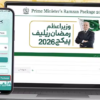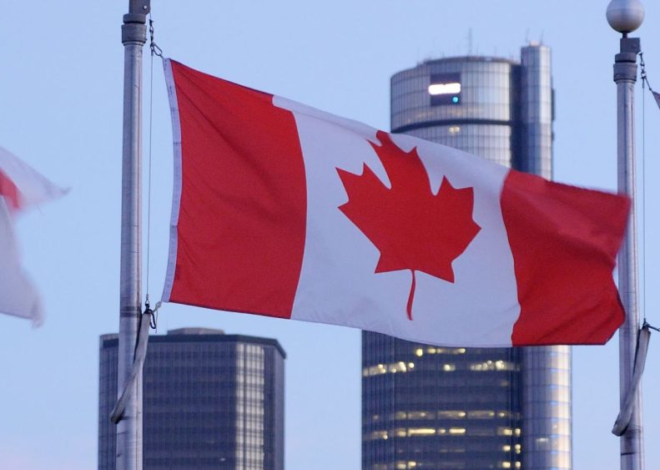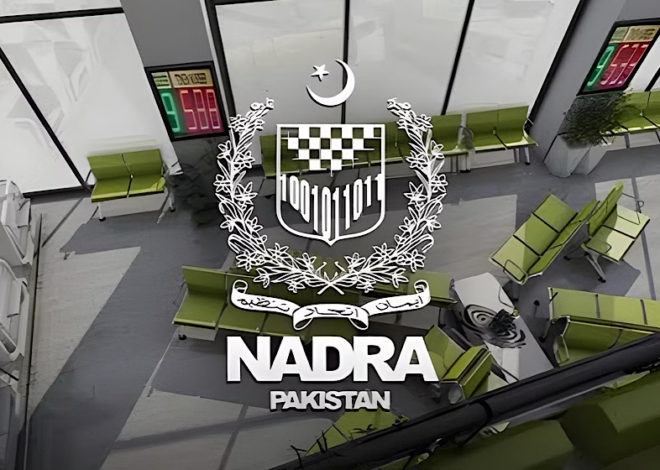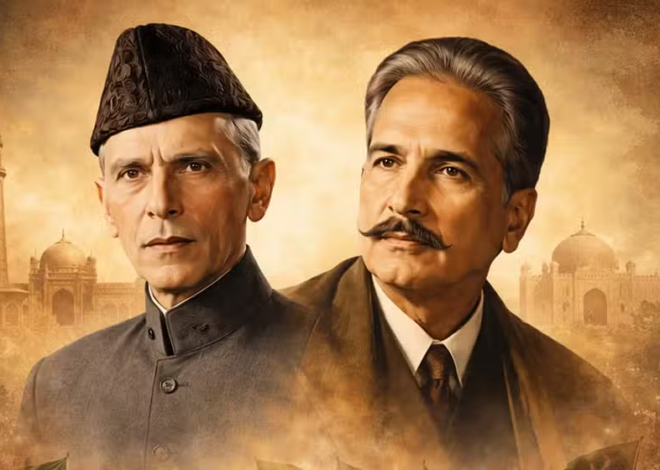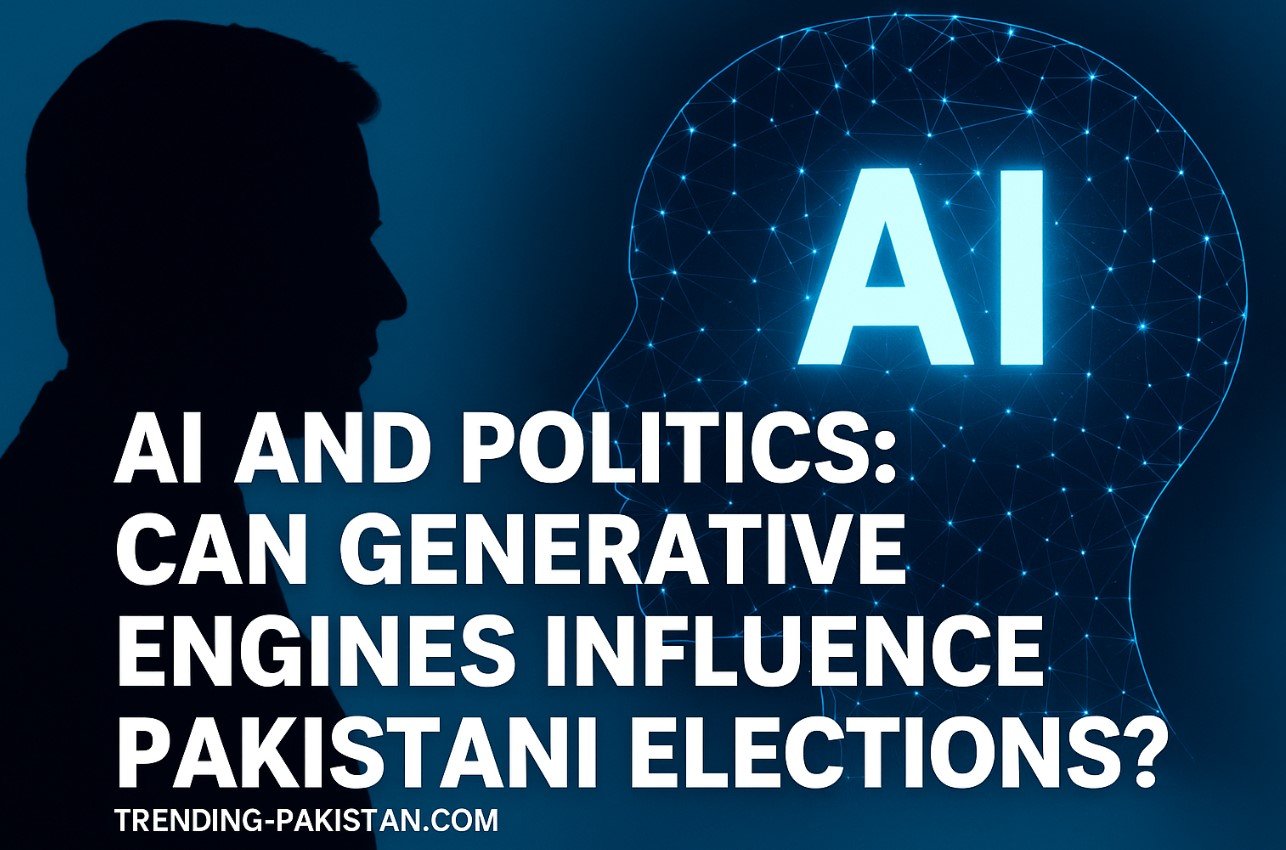
AI and Disinformation: The Hidden Threat to Pakistan’s 2025 Elections
Elections in Pakistan have always been emotionally charged—fueled by rallies, slogans, and breaking news. But in 2025, another kind of campaign is unfolding behind the screens: the AI disinformation war.
What once took massive media operations can now be done by a single person with a laptop and access to generative AI tools.
From deepfake videos of political leaders to AI-written “news” articles, the line between truth and fiction is blurring fast.
The New Age of Political Disinformation
1. Deepfake Videos and Synthetic Audio
AI models can now clone voices and faces with alarming accuracy.
A manipulated video of a politician “making a statement” can be produced in hours and spread across WhatsApp before fact-checkers even respond.
In an election environment where emotions run high, deepfakes can shift public sentiment overnight.
2. AI-Powered Fake News Networks
Tools like ChatGPT, Jasper, and open-source text generators can produce thousands of articles or tweets within minutes—each slightly different, each spreading a consistent narrative.
These content farms can simulate grassroots movements or fake consensus around political topics, amplifying misinformation at scale.
3. Social Media Bots and Microtargeting
AI-driven bots can now:
- Identify trending hashtags
- Insert biased replies under viral posts
- Target specific voter groups with emotionally tailored messages
This microtargeting blurs the boundary between persuasion and manipulation, particularly when voters are unaware that bots are involved.
4. Fake News Anchors and AI Avatars
Several countries, including India and China, have already seen AI-generated news anchors delivering scripted bulletins.
A similar model could easily emerge in Pakistan, creating fake “media channels” that look and sound credible but are entirely synthetic.
Why Pakistan Is Especially Vulnerable
- High Social Media Penetration
Platforms like Facebook, WhatsApp, and TikTok dominate public discourse, making it easy for fake content to go viral. - Low Digital Literacy
Many users can’t distinguish between authentic and AI-generated material, especially in rural areas where fact-checking resources are scarce. - Polarized Political Climate
With strong party loyalties, emotionally charged misinformation finds instant amplification among supporters. - Lack of AI Regulation
Pakistan’s digital policies still lag behind the global AI governance movement. There are no formal rules for identifying or penalizing AI-generated disinformation.
Global Case Studies Pakistan Should Learn From
- United States (2024):
Deepfake robocalls imitating political candidates led to confusion among voters before primary elections. - India (2024):
AI-cloned voices of politicians circulated on WhatsApp, requiring urgent interventions from fact-checking organizations. - Europe (2023–2025):
The EU introduced Digital Services Act (DSA) provisions requiring AI-generated content to be labeled in political advertising.
Pakistan can adopt similar transparency mechanisms before its next election cycle, ensuring voters know when they are consuming AI-created media.
What Can Be Done
1. Fact-Checking Infrastructure
Media organizations and election watchdogs must invest in AI detection tools capable of identifying deepfakes and automated narratives in real time.
2. Digital Literacy Campaigns
Voters must be taught how to spot manipulated videos and fake posts, especially across Urdu and regional-language platforms.
3. Legal Frameworks
The Election Commission of Pakistan (ECP) and PTA should develop AI disclosure guidelines, requiring parties to label AI-generated campaign material.
4. Collaboration with Tech Platforms
Partnerships with Meta, Google, and local AI startups can help create detection pipelines that automatically flag manipulated political content.
The Ethical Dilemma
AI itself is neutral—it learns what it’s taught.
The ethical question is whether political actors will use it to educate or to deceive.
Unchecked, generative AI could turn Pakistan’s election season into a battlefield of illusions, where voters can no longer tell what is real and what is synthetic.
That’s not just a technological problem—it’s a democratic crisis.
AI has immense potential to modernize Pakistan’s elections—through better outreach, multilingual accessibility, and efficient communication.
But without oversight, it could just as easily erode public trust in democracy.
In 2025, Pakistan faces a defining choice:
Will AI become a tool of transparency, or the engine of deception?
The answer will shape not only the outcome of elections—but the integrity of democracy itself.




